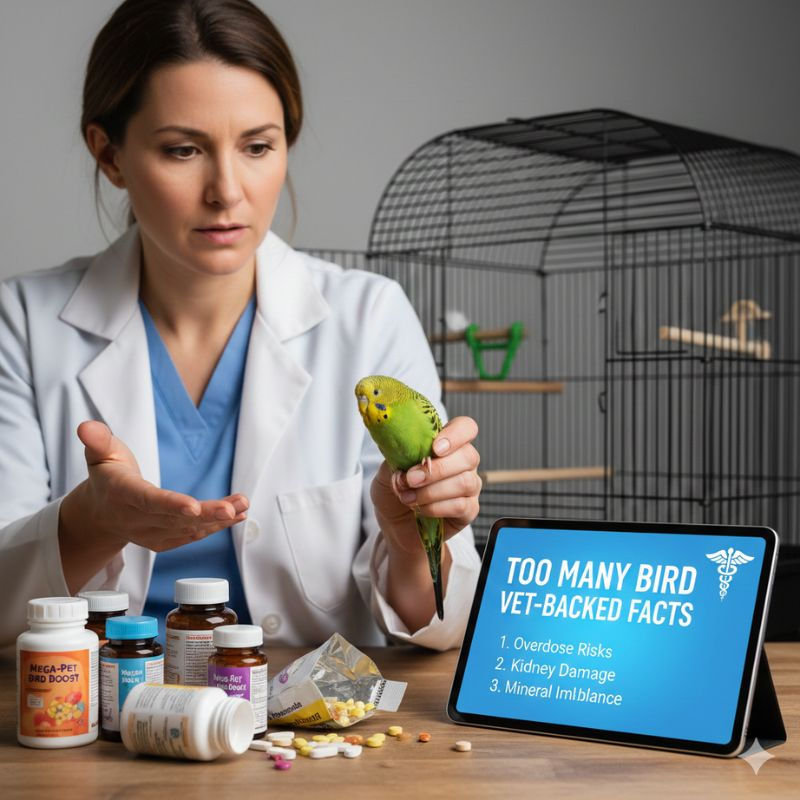Do All Reptiles Need UVB? Understanding Reptile Lights by Species
- petperchlove
- Apr 25, 2025
- 4 min read

Reptiles are fascinating creatures with diverse needs depending on their species, habitat, and biological characteristics. One of the most commonly asked questions by new reptile keepers is: Do all reptiles need UVB lighting? The short answer is—not all, but many do. Understanding the role of UVB, how it impacts different reptiles, and choosing the right reptile lights, reptile heat lamps, and other essential reptile accessories is vital for their health and longevity.
In this comprehensive guide, we’ll explore the species-specific requirements of UVB lighting, the importance of thermal gradients, and how to select the best reptile supplies for your scaly friends. Let’s illuminate the facts—literally.
What Is UVB and Why Does It Matter?
UVB (Ultraviolet B) is a type of ultraviolet light that helps reptiles synthesize vitamin D3, which in turn enables them to absorb calcium from their food. Without sufficient UVB exposure, reptiles can suffer from metabolic bone disease (MBD)—a serious and often fatal condition that causes brittle bones, deformities, and organ issues.
While reptiles in the wild receive UVB naturally from sunlight, those kept indoors rely entirely on reptile lights that simulate sunlight, especially in UVB and UVA spectrums.
Do All Reptiles Need UVB?
Reptiles That Require UVB:
Bearded Dragons Native to sun-drenched deserts of Australia, these reptiles absolutely need high levels of UVB light for at least 10-12 hours a day.
Iguanas As diurnal lizards, iguanas bask in natural sunlight and thus require strong UVB exposure in captivity to prevent MBD and support healthy bone growth.
Turtles and Tortoises Both aquatic and terrestrial turtles need UVB lighting, especially species like red-eared sliders and sulcata tortoises.
Chameleons These sensitive lizards are prone to metabolic issues without proper UVB exposure. They thrive in environments with well-calibrated UVB lighting.
Reptiles That May Not Require UVB:
Leopard Geckos These nocturnal creatures typically absorb vitamin D3 from their diet. While UVB lighting is not essential, low-output reptile lights can still offer health benefits.
Corn Snakes and Ball Pythons As crepuscular or nocturnal species, they do not rely on UVB but still need reptile heat lamps to maintain proper body temperatures and digestion.
Heat vs. Light: What’s the Difference?
It's important not to confuse UVB lighting with heat lamps. Both serve different but complementary purposes:
Reptile lights (UVB) simulate sunlight and help with vitamin D3 synthesis.
Reptile heat lamps provide the warmth needed for digestion, activity, and metabolism.
For diurnal species, both are essential. Reptiles are ectothermic, meaning they depend on external heat sources to regulate their body temperature. That’s why a proper thermal gradient (cool zone and basking area) is key to keeping them healthy.
Choosing the Right Lighting Setup
When shopping for reptile lighting at trusted retailers like Kwik Pets, consider the following:
UVB Strength: Different species require different UVB intensity (measured in % or T5 vs. T8 bulbs).
Basking Temperature: Choose reptile heat lamps that match your reptile’s natural environment.
Bulb Placement: UVB rays weaken significantly with distance and can be blocked by glass or mesh. Always follow the manufacturer’s guidelines.
Lighting Schedule: Use timers to maintain consistent day-night cycles—typically 12 hours of light followed by 12 hours of darkness.
At Kwik Pets, you can find a wide range of reptile supplies including bulbs, fixtures, and thermostats tailored for specific reptile needs.
Additional Reptile Accessories to Consider
In addition to lighting, other reptile accessories enhance your pet’s quality of life:
Thermometers and Hygrometers for monitoring environment
UVB Test Cards to ensure your bulbs are working effectively
Basking Platforms for semi-aquatic reptiles
Reflector Domes and Lamp Clamps for proper installation
Combining proper lighting with a suitable enclosure setup and diet is the golden trio of responsible reptile care.
Final Thoughts
While not all reptiles need UVB lighting, many do—and for those that don’t, it can still offer measurable health benefits. The key is understanding your reptile’s natural behavior and mimicking their habitat with the right combination of reptile lights, reptile heat lamps, and other reptile supplies.
For all your reptile needs, Kwik Pets provides high-quality, species-appropriate lighting and reptile accessories to keep your scaled companions thriving.
FAQs
1. How do I know if my reptile needs UVB light?
Research your species' natural habitat and behaviors. Diurnal reptiles generally require UVB, while nocturnal ones may not. When in doubt, consult a reptile vet or herpetologist.
2. How long should UVB lights be on each day?
Most reptiles benefit from 10-12 hours of UVB exposure daily to mimic natural sunlight cycles.
3. Can I use a regular light bulb instead of a reptile UVB bulb?
No. Regular bulbs do not emit UVB radiation. Only specially designed reptile lights provide the necessary UVB spectrum.
4. Do I still need UVB if I give my reptile calcium with vitamin D3?
Supplementation helps but is not a complete substitute for natural UVB exposure in species that require it.
5. Where can I buy reliable reptile lighting?
Kwik Pets offers a wide selection of tested, trusted reptile supplies, including UVB bulbs, heat lamps, and complete lighting kits.



Comments